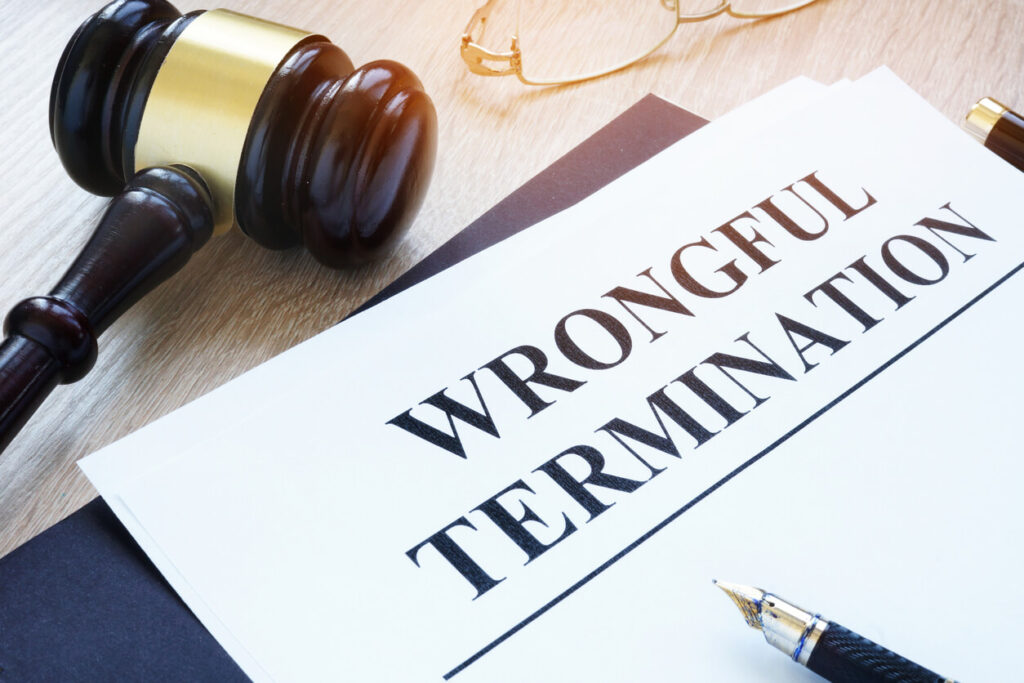We’ve launched the ‘Wrap Up’ series this year to help keep you up to date and compliant with the important changes that’ll be rolling out of the course of 2023. There was a lot that happened in June, with plenty of new changes also coming into effect with the new financial year on July 1 2023. Keep reading to find a quick summary of the changes, key dates and what it all means you should be doing!
For the Dec 22’ – Feb 23’ summary, click here. For the March summary, click here. For the April & May summary, click here.
Changes to Small Claims Process - in Effect from July 1 2023
The Change:
The monetary cap for recovering unpaid entitlements via the small claims process has increased from $20,000 to $100,000. This took effect from 1 July 2023.
To Do:
Something to be aware of for all employers. According to the Australian Department of Employment and Workplace Relations, under these amendments, a larger number of workers are able to access dispute resolution through small claim court proceedings. The small claims procedure also reduces cost and complexity for employers responding to these claims.
Workplace Determinations & Enterprise Agreements - in Effect from July 1 2023
This change is a part of the changes to the Fair Work Act as part of the Australian Government’s new Protecting Worker Entitlements laws.
To Do:
Something to be aware of for all employers. Further, given all of the other IR reforms taking place this year, including the re-introduction of multi-employer bargaining, changes to single employer bargaining and changes to fixed term contracts, you really should be reviewing the status of your industrial instruments and employment contracts as well as refreshing your IR strategy going forward.Changes to Paid Parental Leave- in Effect from July 1 2023
- Partnered couples can claim up to 20 weeks’ paid parental leave between them.
- Parents who are single at the time of their claim can access the full 20 weeks.
- The former Dad and Partner Pay entitlement has been removed. The additional 2 weeks’ pay has been combined with the existing entitlement to 18 weeks Parental Leave Pay.
- allowing partnered employees to claim a maximum of 20 weeks’ pay between them, with each partner taking at least 2 weeks (except in some circumstances)
- introducing a $350,000 family income limit (indexed annually from 1 July 2024) for claiming paid parental leave pay
- expanding the eligibility rules for fathers or partners to claim paid parental leave pay
- making the whole payment flexible so that eligible employees can claim it in multiple blocks until the child turns two years old
- removing the requirement to return to work to be eligible for the entitlement
Minimum WAGE Increase- in Effect from July 1 2023
The Changes:
1. The National Minimum wage has been increased to $882.80 per week or $23.23 per hour. The National Minimum wage Employees who are not covered by an award or registered agreement.
2. Award minimum wages have been increase by 5.75%.
The minimum wage refers to the amount of pay before tax is taken out (gross pay).
To Do:
The increases apply from the first full pay period on or after July 1 2023. If you are a business whose employees are covered under an award – you’ll need to calculate your new rates of pay for your employees based on the applicable award and update your pay roll systems by July 1 2023. If your employees are not covered by an award – you’ll need to ensure your payroll reflects the increase to the National Minimum wage by July 1 2023.
Underpaying your employees – whether accidental or not- can result in huge legal, financial and reputational repercussions.
Changes to Supported Employment Services Award- in Effect from June 30 2023
The Change:
From the first full pay period or after 30 June 2023, there are new and updated classifications and transitional minimum rates for employees with disability covered by the Supported Employment Services Award.
For a detailed list of the updated classifications & transitional minimum rates, view the Fair Work Ombudsman’s page here.
These rates also increased from 1 July 2023 as part of the Annual Wage Review.
These changes apply to the Supported Employment Services (SES) Award. Employees covered by this award include:
- work for employers who operate supported employment services
- fit within the classifications in the SES Award.
For more details on who is covered by the SES award, click here. Employees covered by other awards or enterprise agreements will not be affected by these changes.
The changes affect both existing employees and new employees hired after 30 June 2023.
To Do:
If you have any employees who are covered by the SES Award, make sure you’re across all the changes and that your payroll systems and onboarding processes have been updated accordingly.
Aged Care Sector Wage Increase- in Effect from June 30 2023
The Change:
The Fair Work Commission announced an 15% wage interim increase to minimum wages for applicable employees working within the aged care sector earlier this year, to take effect from the first full pay period on or after 30 June 2023.
This increase is being funded by the Government as part of an increase to the Home Care Package subsidy. The Government has also announced increases to some supplements to cover any reasonable increases to prices that occur because of this wage increase.
The change currently only applies to direct-care employees within the aged care sector. These are employees that are covered by the following awards:
- Aged Care Award 2010 (Aged Care Award) – personal care workers (PCWs) and recreation/lifestyle activities officers
- Nurses Award 2020 (Nurses Award) – nursing assistants, enrolled nurses, registered nurses, nurse practitioners working in aged care
- Social, Community, Home Care and Disability Services Award 2010 (SCHADS Award) – home care workers working in aged care
- It also covers most senior food services employees (levels 4-7) who are covered by the Aged Care Award and are working at a particular aged care facility or site.
For more information on applicability, check out the Fair Work Commission’s page here. The Fair Work Commission will make a decision about other employees within the aged care sector later this year.
To Do:
This is a change to the minimum wages for applicable employees. Minimum wages are part of the National Employment Standards and therefore are the basic and bare minimums that all employees working in the national system should be afforded.
As such, minimum pay rates in agreements cannot be lower than the new minimum rates, regardless of what your EBA or any contracts of employment say. If an applicable employee was previously being paid more than the current award rates, double check to ensure that their pay meets these new minimums, ow that this the wage increase has come into effect.
Changes to the EBA Process - in Effect from June 6 2023
Next Steps
June was very busy and July won’t be any less busier! If you’d like some support and assistance with navigating these new changes or to resolve other workplace issues and queries, give us a call or email to chat to one of our friendly Wizards. We can help you ensure peace of mind when it comes to your obligations and legal compliance, something that’s especially important with so many reforms rolling out.
You can call us on 03 9087 6949 or email support@workplacewizards.com.au.




Comments are closed.